
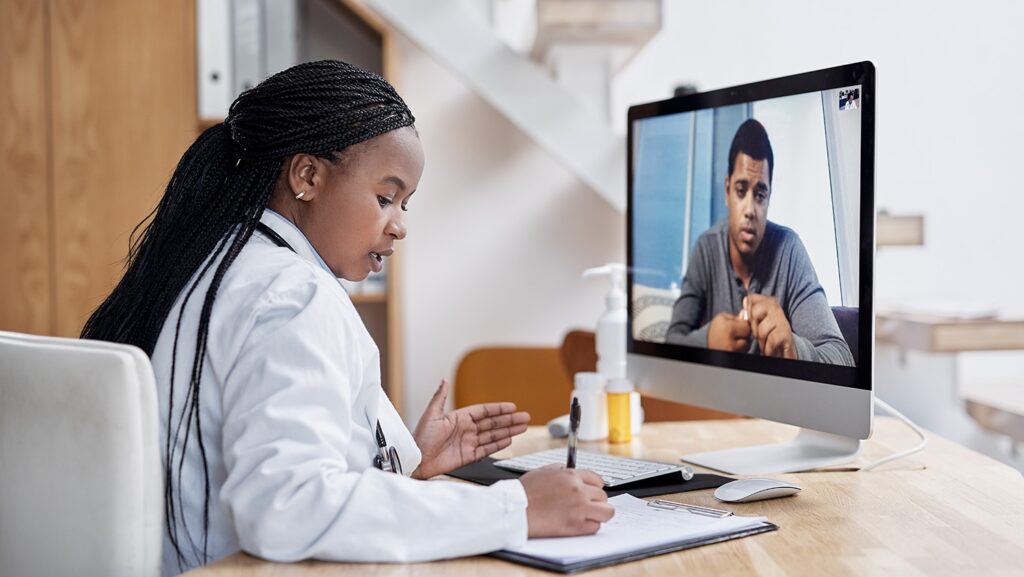
Youth leader and technology expert Danielle Williams is highlighting the need for agreed standards and regulations on how patient information is shared and accessed across jurisdictions, as Caribbean telehealth stakeholders continue to collaborate and share expertise.
The call comes as more Caribbean healthcare professionals embrace Telehealth and its commensurate time and cost-saving benefits.
“One of the things that will affect scaling Telehealth solutions across the region is the regulatory space concerning health data. Health data governance is going to be a huge area for us to work on as Caribbean people, especially if we want to engage in health tourism and appeal to patients from other regions, such as Europe,” says Danielle Mullings, software engineer.
She was speaking during a recent panel discussion focused on unleashing the ‘power of telehealth’ during the 2023 Caribbean Association of National Telecommunications Organizations (CANTO) Conference.
Mullings added that the telehealth systems being designed should be inclusive, catering to the requirements of individuals with special needs.
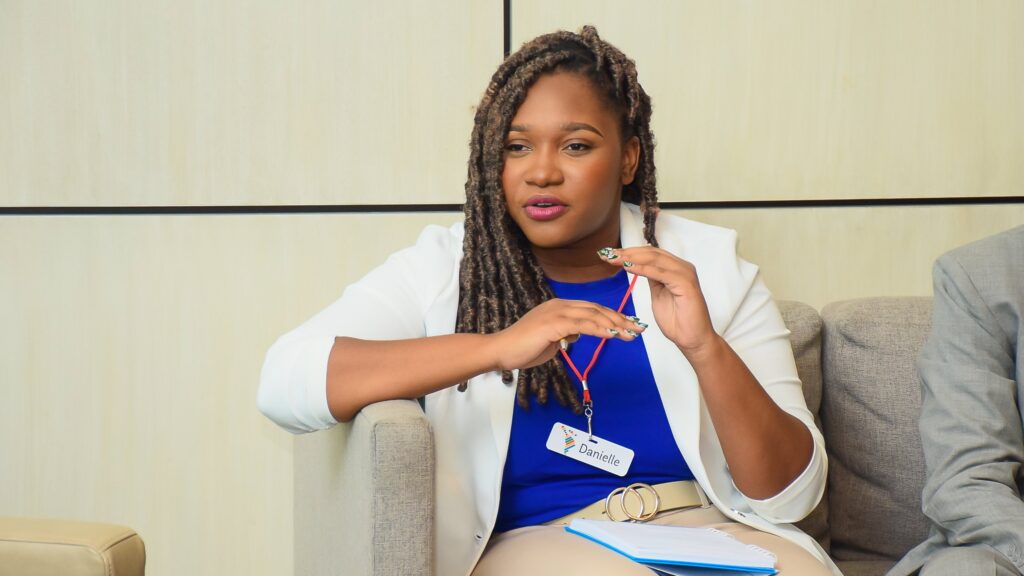
Her sentiments were echoed by Carol Robertson, senior business development partner at C&W Business (regional) who also moderated the discussion.
According to Robertson, telehealth systems facilitate the electronic storage of patient information in a format that is searchable and easily analysed.
“The insight gleaned from the analysis of batched, anonymized patient data can help to inform community-based interventions, campaigns and national policy decisions,” Robertson shared, adding that this information will become especially important as governments and relevant stakeholders battle the looming crises associated with an ageing population and non-communicable diseases.
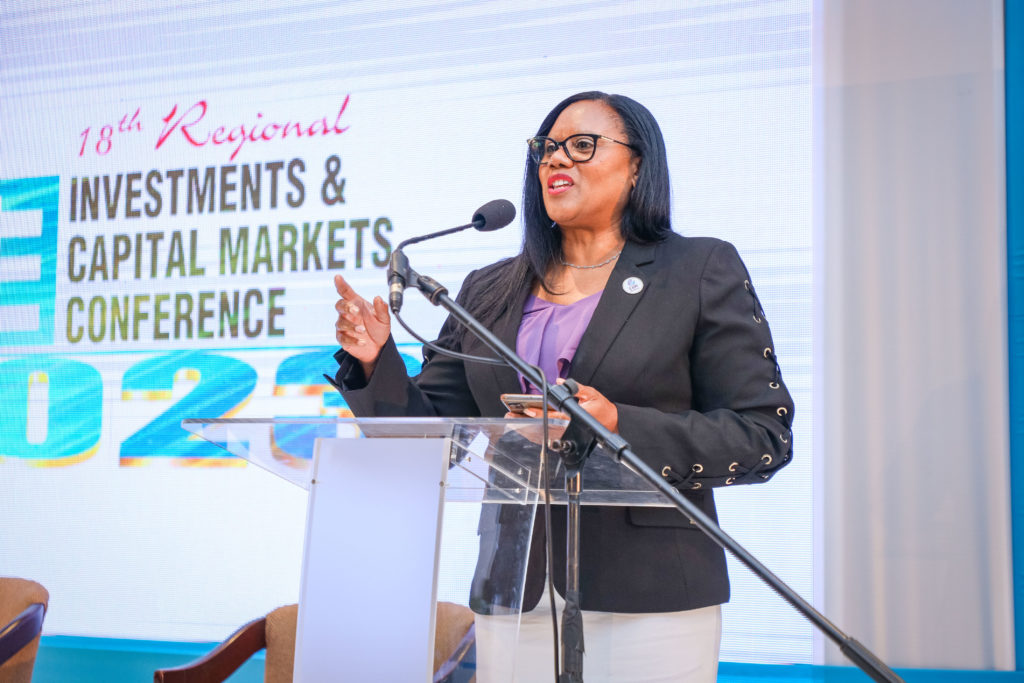
Dr David Walcott, founder and managing partner of NOVAMED, agreed, adding that ensuring no one is left behind in the telehealth revolution means catering to a wide array of marginalised groups.
“When we look at barriers to telehealth adoption, we also need to consider the digital divide, the divide in terms of health literacy as well as an unwillingness to change or adapt to a new way of doing things and accessing healthcare,” he explained.
Statistics indicate that up to 2022, internet penetration in the Caribbean hovered at 60 per cent. Additionally, many Caribbean countries still need to overcome hurdles associated with low literacy and numeracy rates while seeking to foster greater health and digital literacy among their citizens.
While recognising that addressing issues of internet availability, accessibility and affordability will require collaboration outside of the medical field, Walcott said hurdles related to change management can be overcome by leveraging existing relationships between doctors and their patients.

“Trusted physicians with established doctor/patient relationships have to be champions of telehealth and the trust equity that is held within those relationships has to be transferred deliberately from the physical into the online space. There is a lot of intentionality behind what it will take to navigate these barriers, but we also have to be mindful that any sort of systemic change takes time,“ Walcott said.
WB Mitchell, group vice president of telehealth conglomerate Amwell, and Ezechiel Fenelon, co-founder of mobile application DocMobil also shared their perspectives.
According to Fenelon, widespread usage of telehealth solutions in developing countries will continue to be a challenge until issues related to internet access and digital literacy are addressed in a fulsome manner. He shared that while access to healthcare remains an issue in countries such as Haiti due to a lack of resources, he has seen an uptick in the organic adoption of eHealth solutions, specifically among young people.
“Having a technology ecosystem will help a lot as it will permeate throughout the country beyond just the main cities and will have a positive impact on persons who reside in rural communities,” he stated.
Mitchell added that in deploying telemedicine solutions to meet the needs of rural communities, consideration must be given to their technological capabilities and capacity to ensure the systems are fit for purpose.
“In many rural communities, connectivity may be limited or there may be limited bandwidth. In those instances, we have to challenge ourselves to think beyond video visits as the mechanism by which we are delivering healthcare and think about the application of automation and the application of AI to connect people in ways that can help to maximise the delivery of healthcare.”
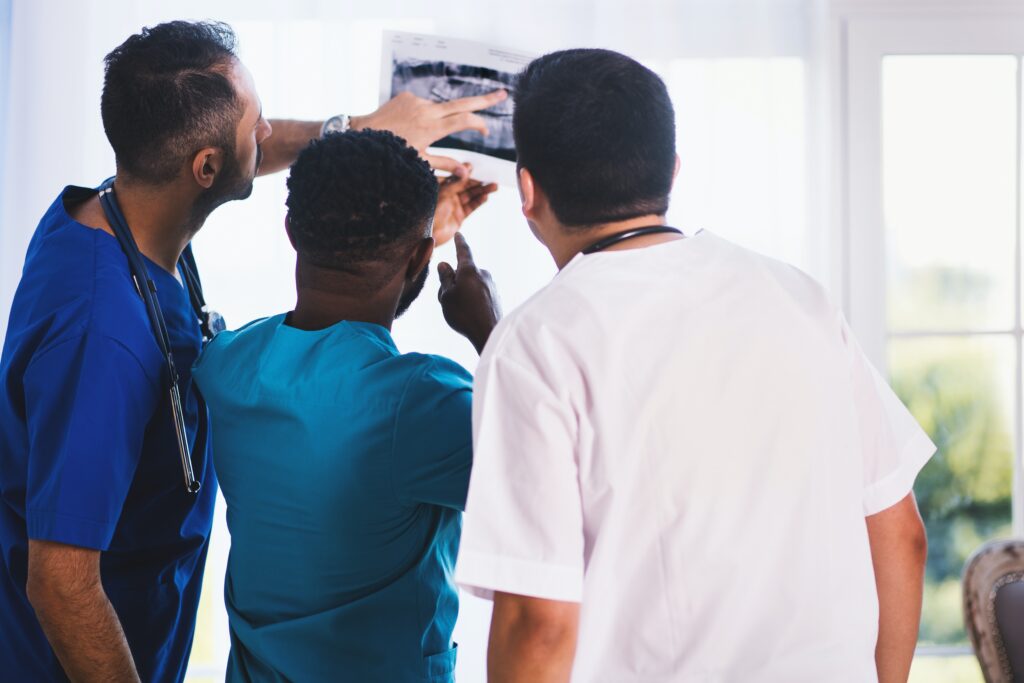
Throughout the discussion, Robertson underscored the importance of tailored telehealth solutions to ensure the systems created are efficient, simple to use and meet the needs of both the provider and the patient. She further highlighted that designing such solutions takes time and a thorough understanding of the process being improved.
The 45-minute telehealth discussion was one of many highlights at the 38th annual CANTO conference and exhibition hosted in Miami, Florida.

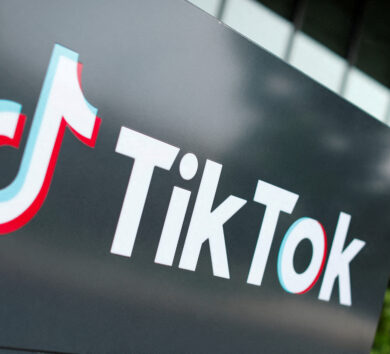
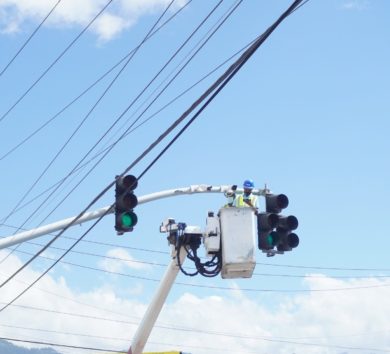
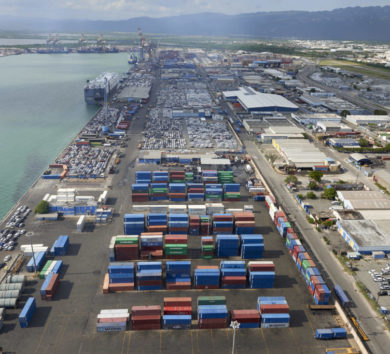



Comments